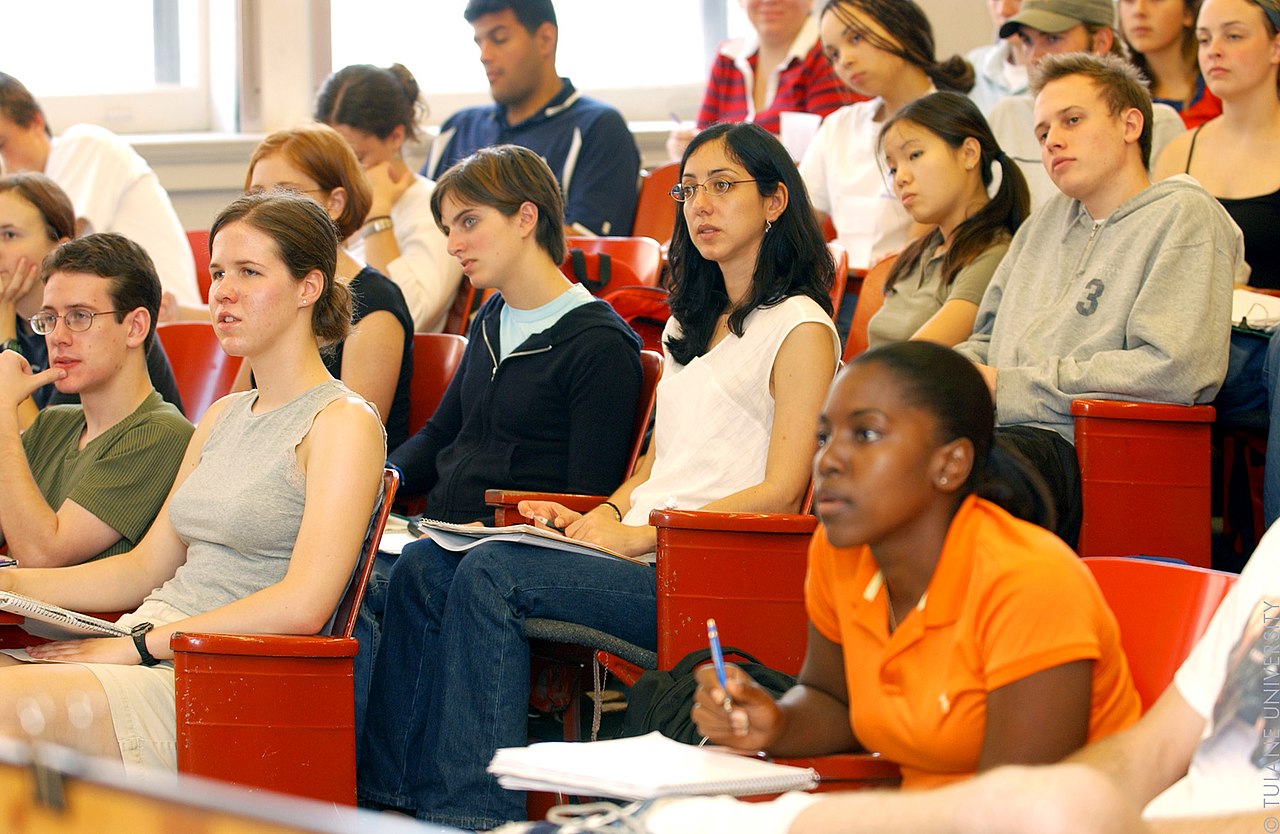
Mike Meaney is first author of a paper which investigates whether MOOCs can increase university access.
People without college degrees perform better at entry-level MOOCs specifically designed to increase access to university enrolment, researchers have found.
The study, The Promise of MOOCs Revisited? Demographics of Learners Preparing for University, led by Gates Cambridge Scholar Mike Meaney [2016], has just been published in the Journal of Learning Analytics.
It is the first time cluster analysis has been used to explore the behaviour patterns of traditionally underrepresented students taking part in entry-level massive open online courses [MOOCs] produced by a major research university which are designed to lower barriers to entry for university matriculation.
The researchers analysed data from over 29,000 students who submitted an assignment in one of nine specifically designed entry-level MOOC courses, using machine learning techniques, clustering and Gower and Manhattan distances to group learners based on their digital traces in the MOOCs and included demographic data, such as education level and, in a smaller subset of learners, socioeconomic status.
The results indicate that learners without a college degree are more likely to be high-performing compared to college-educated learners. Moreover, for the subset of learning for whom data was available, learners from lower socio-economic backgrounds are just as likely to be successful as learners from middle and higher socio-economic backgrounds.
The researchers say that while MOOCs have struggled to improve access to learning, their original mission, the research shows more fair and equitable outcomes for traditionally underrepresented learners are possible.
They add that using cluster analysis based on factors such as education level may reveal subgroups of underrepresented learners who are potentially more amenable to support and remediation. And they show that taking a more explicit approach to analysing MOOC data across demographic variables could be a promising way to move MOOCs back toward their original mission of widening educational access.
Mike Meaney is Head of Learning Growth at Multiverse.io, a London-based start-up building a digital apprenticeship platform to modernise pathways to high-quality jobs. He was previously a Research Lead at Facebook, where he focused on research and product development to improve tools for social mobility.
He is also a Visiting Assistant Research Professor at Arizona State University where his work explores the design of inclusive learning at massive scale, and takes a transdisciplinary methodological approach blending data mining, design, and philosophy. In addition, he serves on the Board of Directors of a non-profit educational technology start-up called See More Impact Labs, as well as on the Board of Directors of the Camp Catanese Foundation, a comprehensive college-preparation programme for first-generation college students in Phoenix.
*Picture credit: Tulane Public Relations courtesy of Wikimedia commons.












